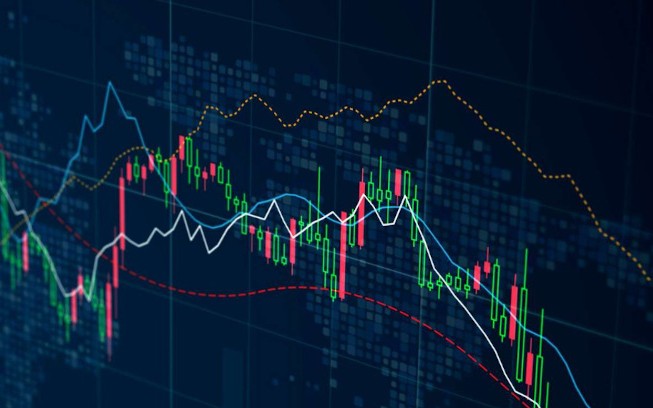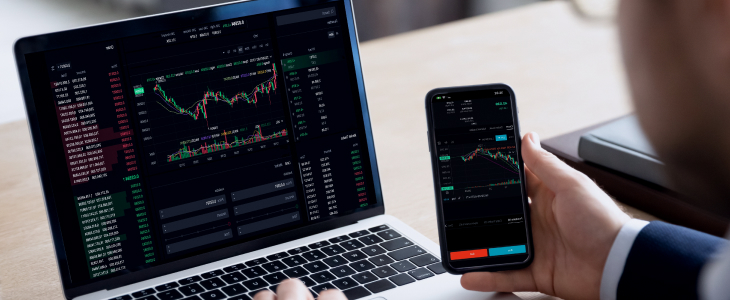
Understanding Forex Trading and Choosing the Right Online Broker
Forex trading is becoming increasingly popular as more investors and traders seek to capitalize on the world’s largest financial market. With a daily trading volume exceeding $6 trillion, the foreign exchange market (Forex) offers unparalleled opportunities for those looking to profit from currency fluctuations. However, to successfully trade in Forex, selecting the right online broker is crucial. In this article, we’ll explore the characteristics of an ideal Forex trading online broker and outline key considerations for prospective traders. You can also check forex trading online broker India Brokers for more insights.
The Basics of Forex Trading
Forex trading involves the buying and selling of currencies with the goal of making a profit. Currencies are traded in pairs, such as the EUR/USD, where the first currency (the Euro) is bought or sold against the second currency (the US Dollar). The Forex market operates 24 hours a day, five days a week, allowing traders to respond to market changes at any time.
Why Choose an Online Broker?
Traditionally, Forex trading was only accessible to large financial institutions and high-net-worth individuals. However, the rise of technology has allowed retail traders to enter the market through online brokers. These brokers provide the platforms, tools, and resources necessary for individuals to trade effectively.
Key Features of a Good Forex Trading Online Broker
1. Regulation and Trust
One of the first criteria to consider when choosing a Forex broker is whether they are regulated by a reputable authority. Regulation ensures that the broker meets specific financial standards and adheres to ethical business practices. Look for brokers licensed by authorities like the Financial Conduct Authority (FCA) in the UK, the Commodity Futures Trading Commission (CFTC) in the US, or the Australian Securities and Investments Commission (ASIC).
2. Trading Platforms

A reliable trading platform is essential for effective trading. Consider brokers that offer intuitive and user-friendly platforms, such as MetaTrader 4 (MT4) or MetaTrader 5 (MT5). These platforms provide advanced charting tools, technical analysis features, and automated trading options.
3. Account Types and Minimum Deposit
Different traders have varying needs and capital levels. A good Forex broker should offer multiple account types, allowing traders to choose one that suits their experience level and investment size. Pay attention to the minimum deposit required to open an account, as this varies across brokers.
4. Spread and Commission
The cost of trading is a critical factor. Brokers make money through spreads (the difference between the buying and selling price) and commissions. Compare the spreads and commission rates across various brokers to ensure you’re getting a competitive deal.
5. Leverage Options
Leverage allows traders to control a larger position with a smaller amount of capital. While it can amplify profits, it also increases the risk of losses. Check the leverage options offered by the broker and ensure they align with your risk tolerance and trading strategy.
6. Customer Support
Good customer support can make a significant difference in your trading experience. Look for brokers that offer multiple channels for customer service, such as live chat, email, and phone support. Ensure their support team is knowledgeable and responsive to your inquiries.
How to Get Started with Forex Trading
Once you have selected a broker, the next steps involve setting up your trading account, making a deposit, and familiarizing yourself with the trading platform. Many brokers offer demo accounts that allow you to practice trading with virtual funds before committing real money. This is a valuable opportunity to learn the mechanics of trading without financial risk.
It’s essential to develop a trading plan that outlines your objectives, risk management strategies, and trading styles. Trade with discipline and avoid emotional trading, which can lead to significant losses.
Common Challenges in Forex Trading
Forex trading is not without its challenges. Some of the common obstacles traders face include emotional decision-making, unexpected market volatility, and inadequate risk management. Successful traders must be equipped with knowledge, skills, and the right tools to navigate the complexities of the Forex market.
Additionally, market analysis plays a pivotal role in successful trading. Traders often utilize both technical analysis (studying charts and indicators) and fundamental analysis (monitoring economic news and events) to make informed trading decisions.
Conclusion
The Forex market offers tremendous potential for profit, but success relies heavily on the choice of an online broker. By considering the factors discussed in this article—regulation, trading platforms, account types, spreads, leverage, and customer support—you can make an informed decision that aligns with your trading goals. Always remember to stay educated, practice responsible trading, and continuously refine your strategies to succeed in the dynamic world of Forex trading.
